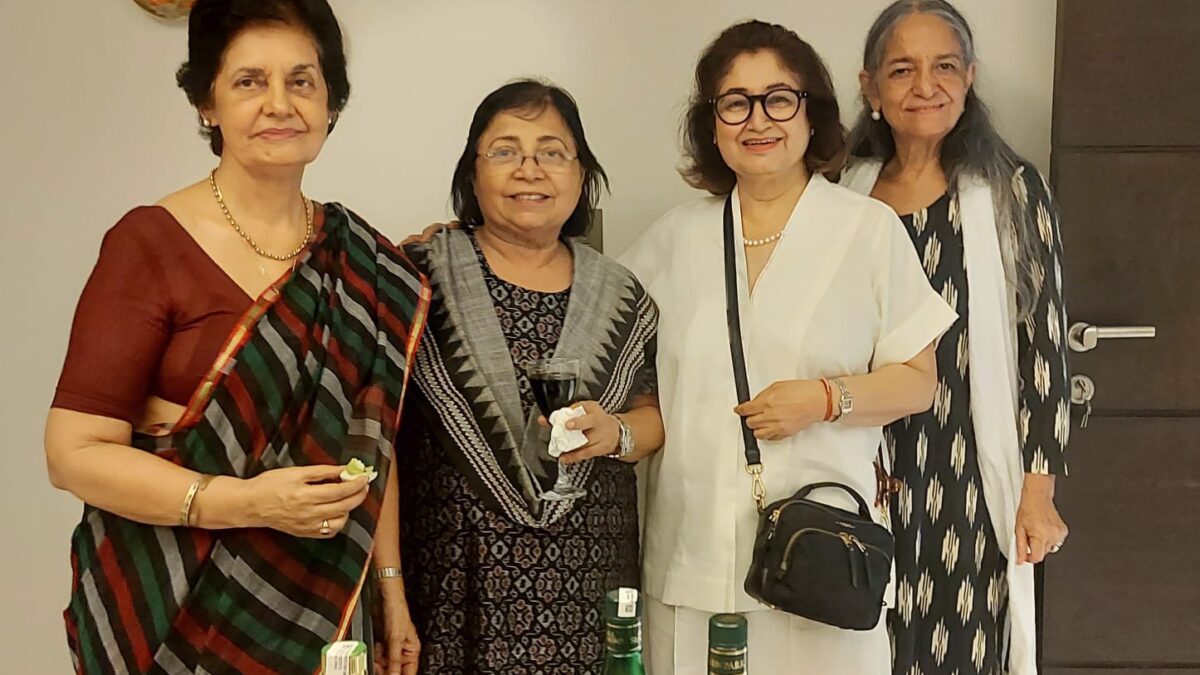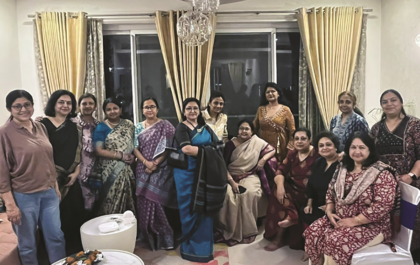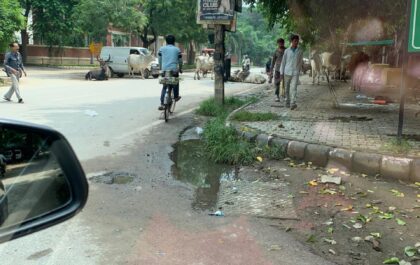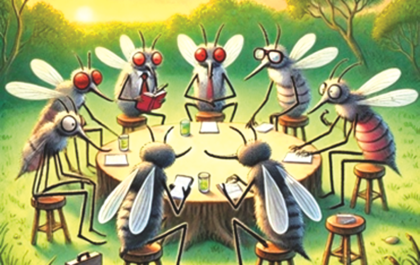Meher Pestonji, the author of ‘Being Human in a War Zone ‘who led the discussion on her book, is a resident of Mumbai. We were fortunate that her trip to the capital coincided with our book club meeting and we could have her over.
She read out a couple of provocative, and moving stories from her book: A soldier is walking down a street of a town where curfew has been proclaimed. A man steps out of a house, stands against a door. The soldier tells him to go back in, announcing that there is curfew and that he should obey the curfew rules. The man does not budge. After issuing a further warning, he fires at the man who is hit on the shoulder. He is pulled back into the house and another takes his place. The soldier‘s appeal is again ignored. Intrigued he walks over to the man who opens the door to the house and the soldier steps in. Several men and women are praying to the Madonna. The soldier throws away the gun and bows before the Madonna.
Take another story: Larry goes to school. His mother waits for his return, tense and anxious. There has been a shoot- out at school the previous day. Other parents ring her up. They have not let their child go to school, worried as they are.
In the event Larry returns unharmed.
Another poignant story tells of a badminton match between a Russian and Ukrainian, both trying to qualify for the finals. Yuri sees hatred in Mikhail’s eyes. In the event, Mikhail the Ukrainian wins. One invites the other for coffee. Yuri tells the Ukranian that he had been in the forefront of the war protests in his country, and that his girlfriend had been put behind bars. The two opponents relax off the court. When they finish coffee, the hatred has left Mikhail‘s eyes.
Yet another story is set in Tibet. . Dorje is completing some tasks at home, awaiting his grand- daughter‘s return. She stomps in angrily, wiping her feet at the door. ‘I am not going to school tomorrow‘ she announces. ‘What happened?‘ asks her grandfather. Ching- ching, chong- chong ….. I have to hear Maya’s catcalls every day. ‘Maya is just a kid ‘, reasons Dorje. ‘She is 13!‘ As old as I am. I‘ve told her so many times that we are Tibetans. China robbed us of our country. You can‘t call us Chinese. It hurts ‘That is how the story unfolds. The next story is set in Bosnia, another in Iran, yet another in Greece.
During question time, Dr Gautam Vohra asked how Meher had been able to set her stories in such diverse cultures, in a wide range of countries all over the world. What gave her the confidence to do so?
What enabled her to get inside the protagonist milieu so convincingly?
Meher replied that this was all thanks to her work as a journalist. It enabled her to probe different worlds. She reflected on it and out of that her stories grew.
Lekha Bhagat, Rama Tandon, Vini Vohra, Harpal Singh too were curious about Meher’s ability to so convincingly set her stories within such diverse settings.
Malathi Bhandari said that she had been reading another book of short stories by K.C. Verma, entitled ‘ A Whiff of Whimsy` All his marvellous stories are set in India, some thought- provoking, intriguing and some sheer woffle [meanderings of the mind], But all set in our land and as such she too marvelled at Meher’s ability to wander far and wide.
And in this manner the discussion ambled along, covering vast territory and gently came to a close.
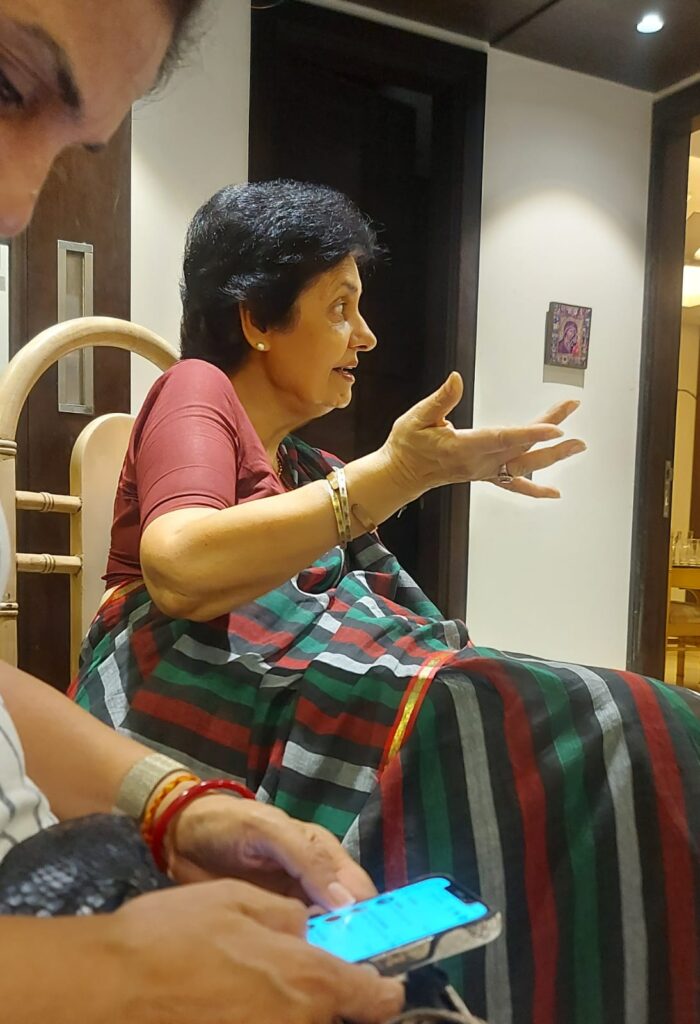
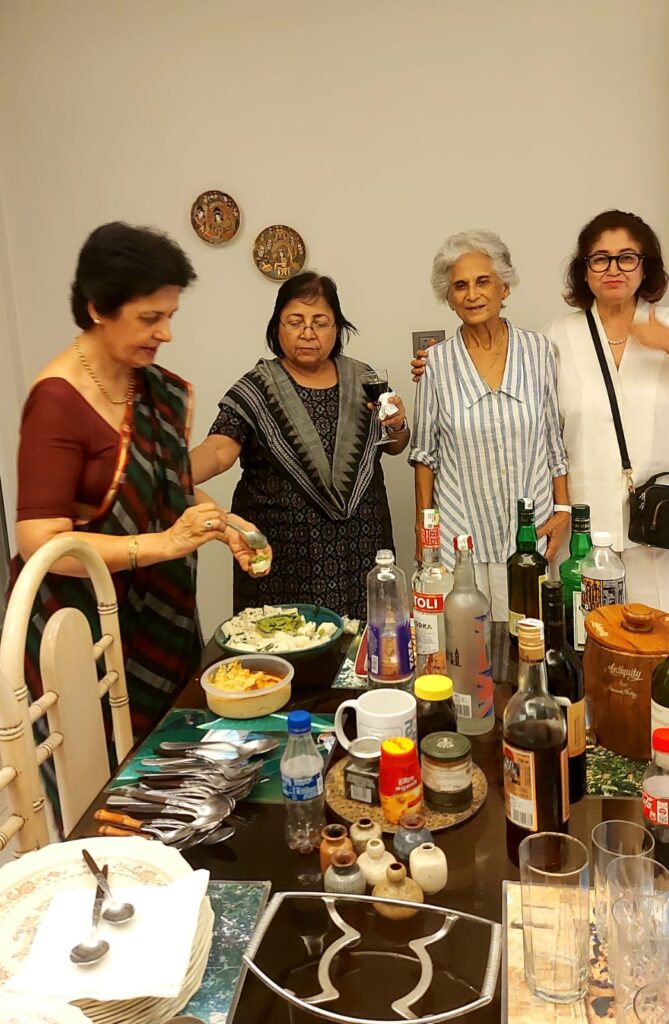

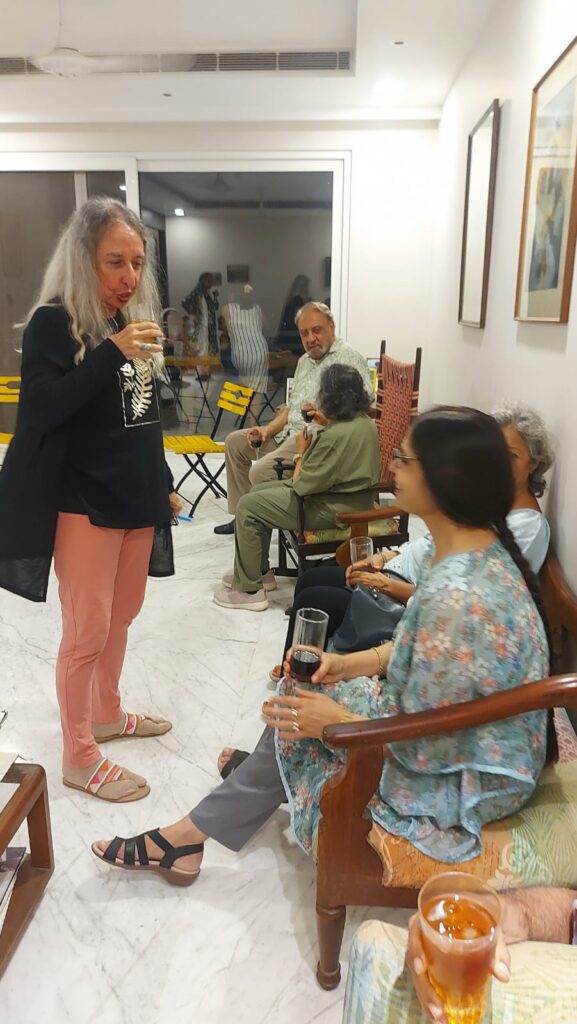

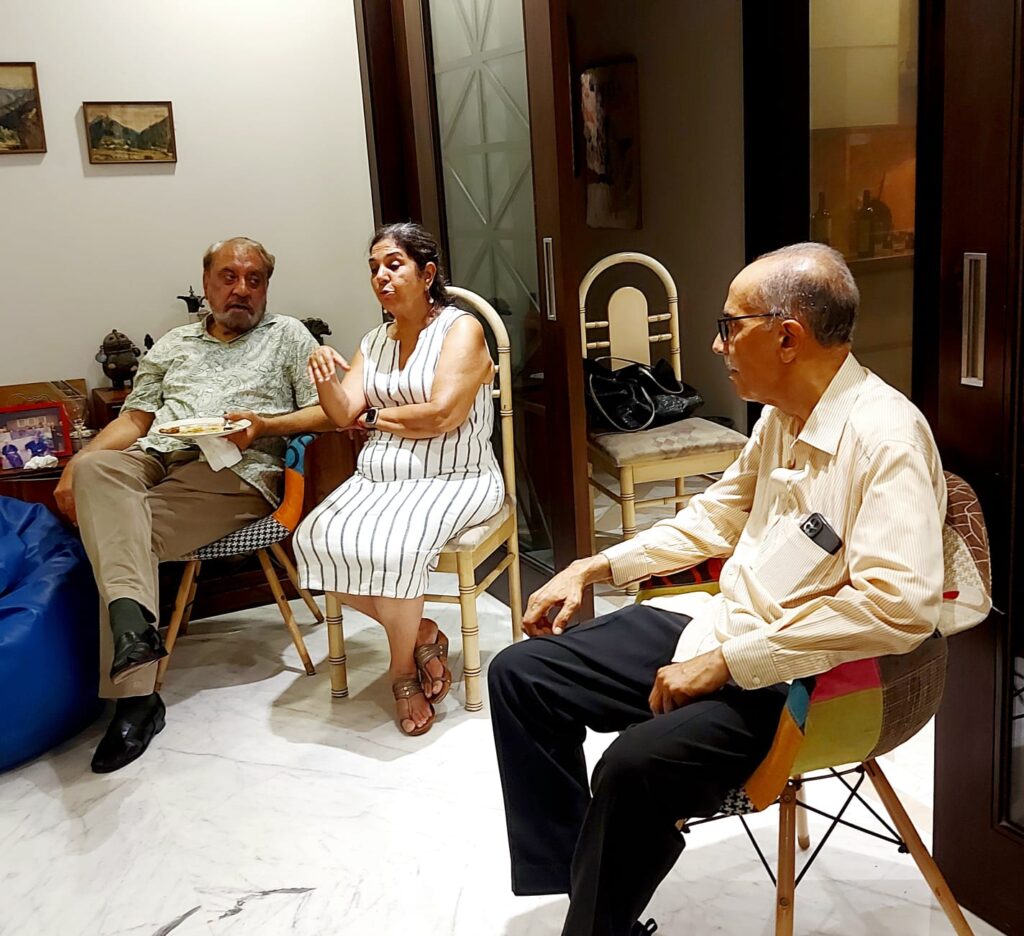

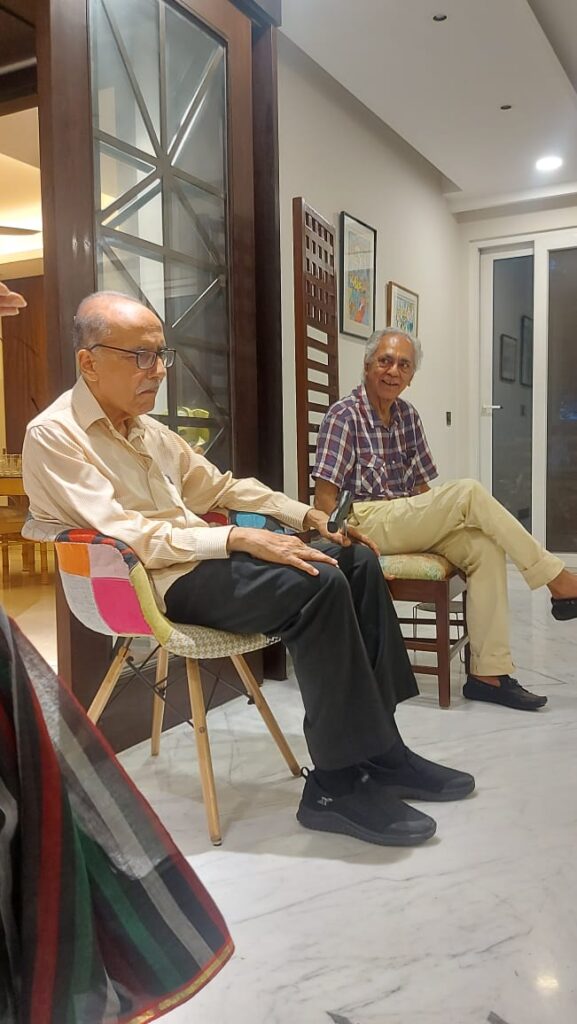

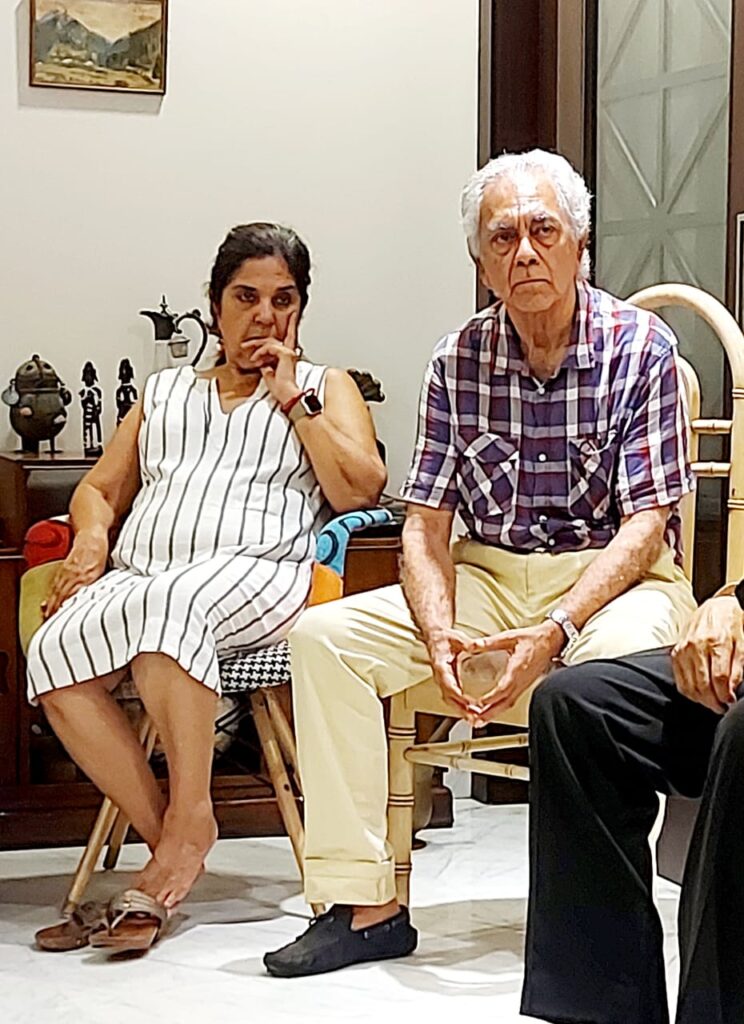

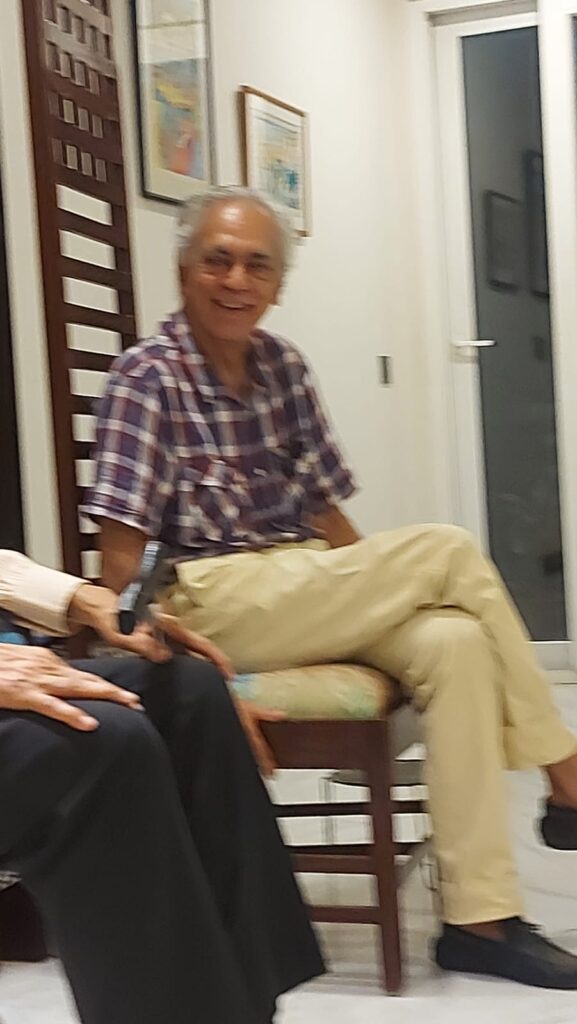

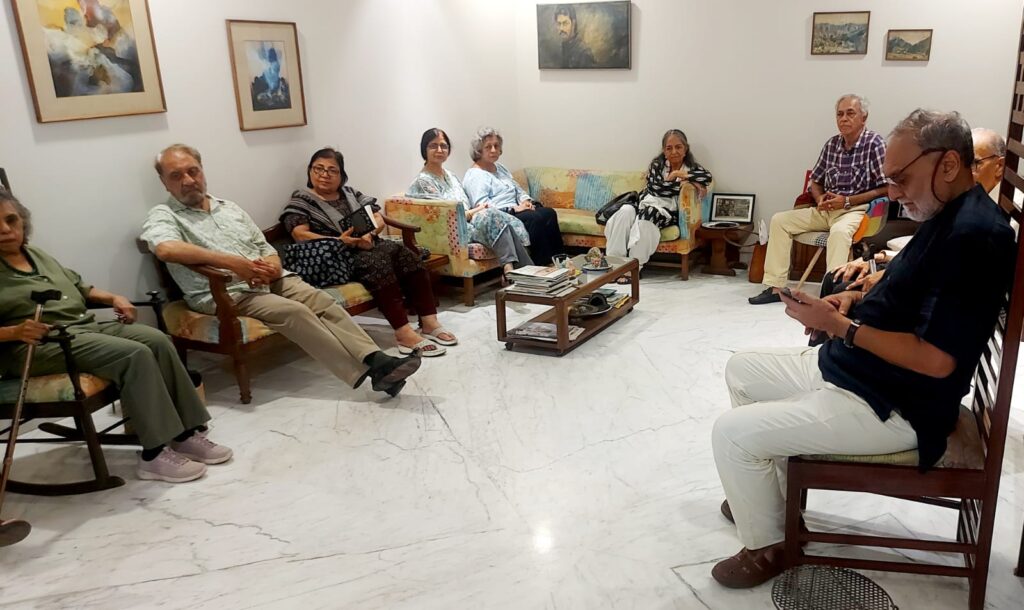

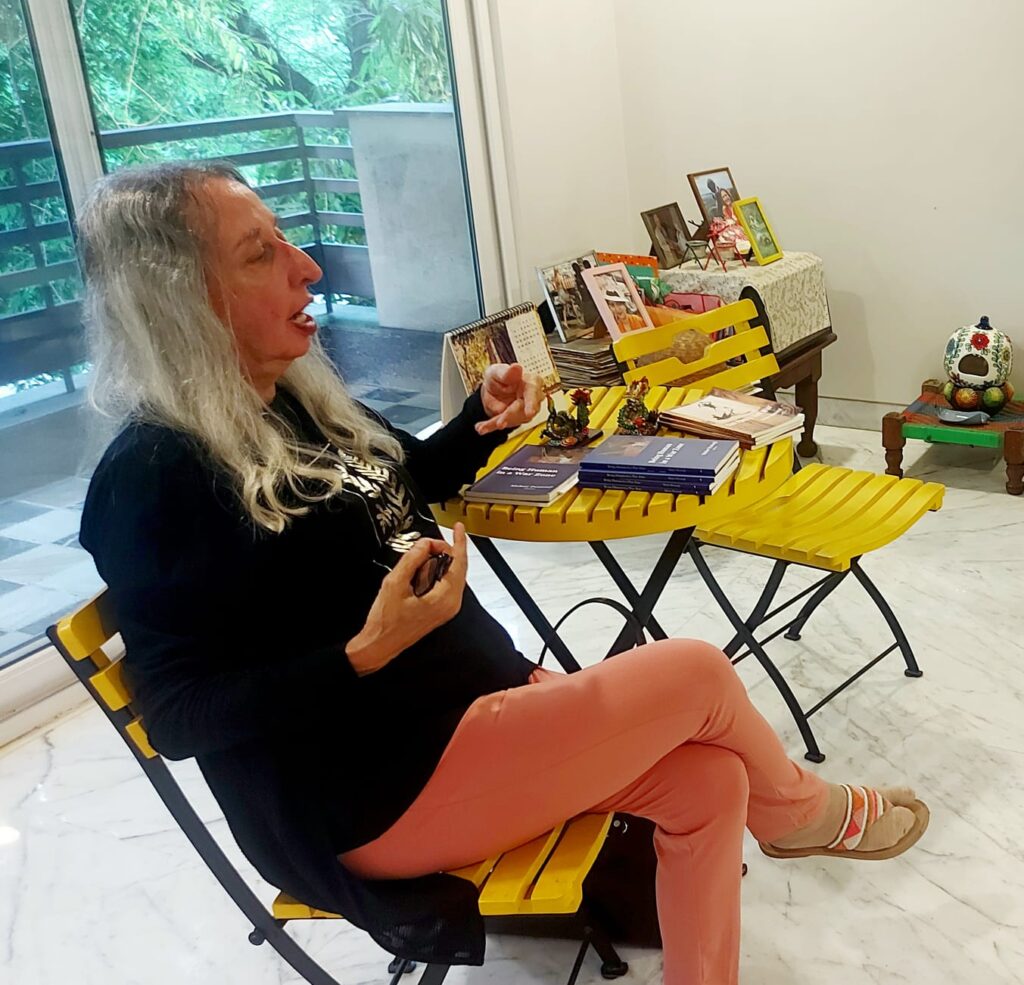

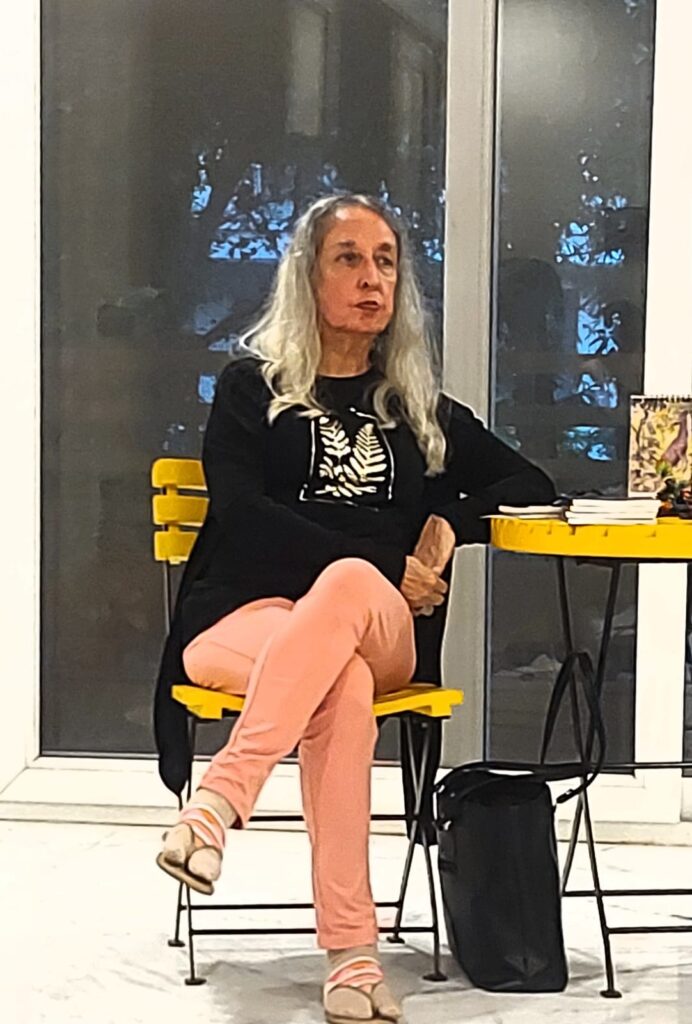

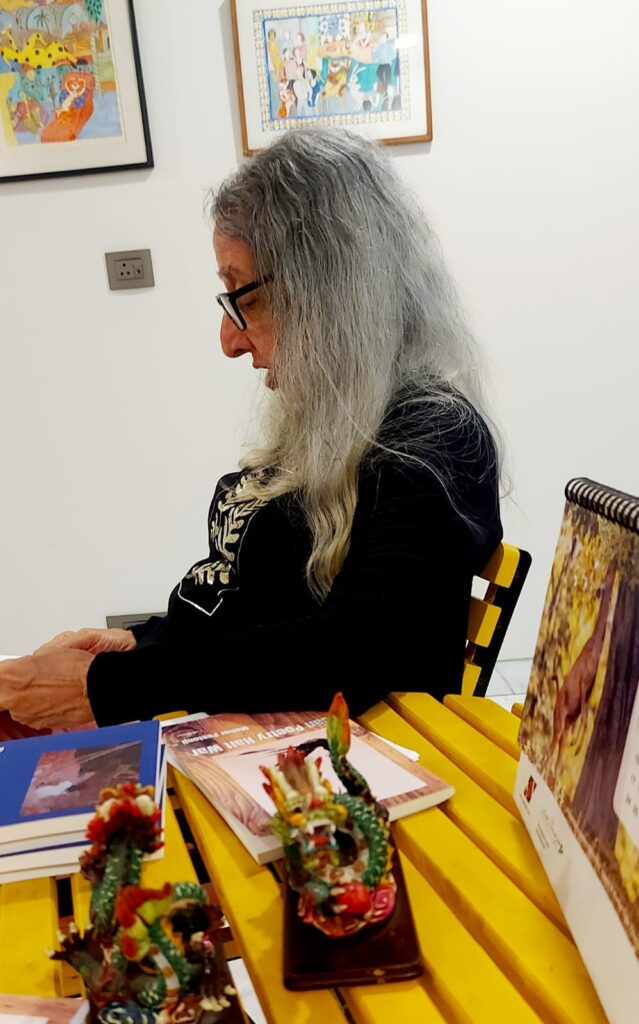

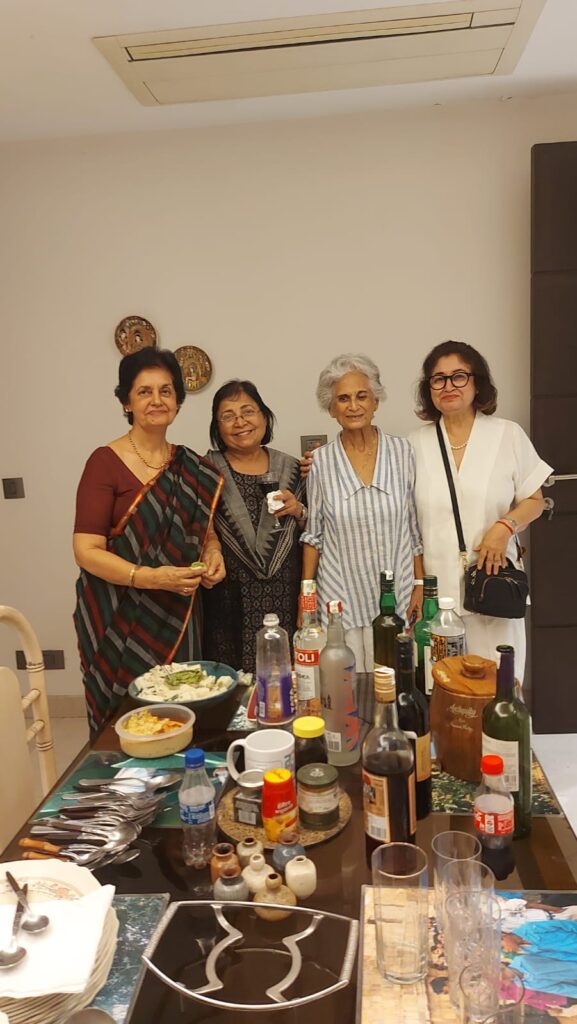

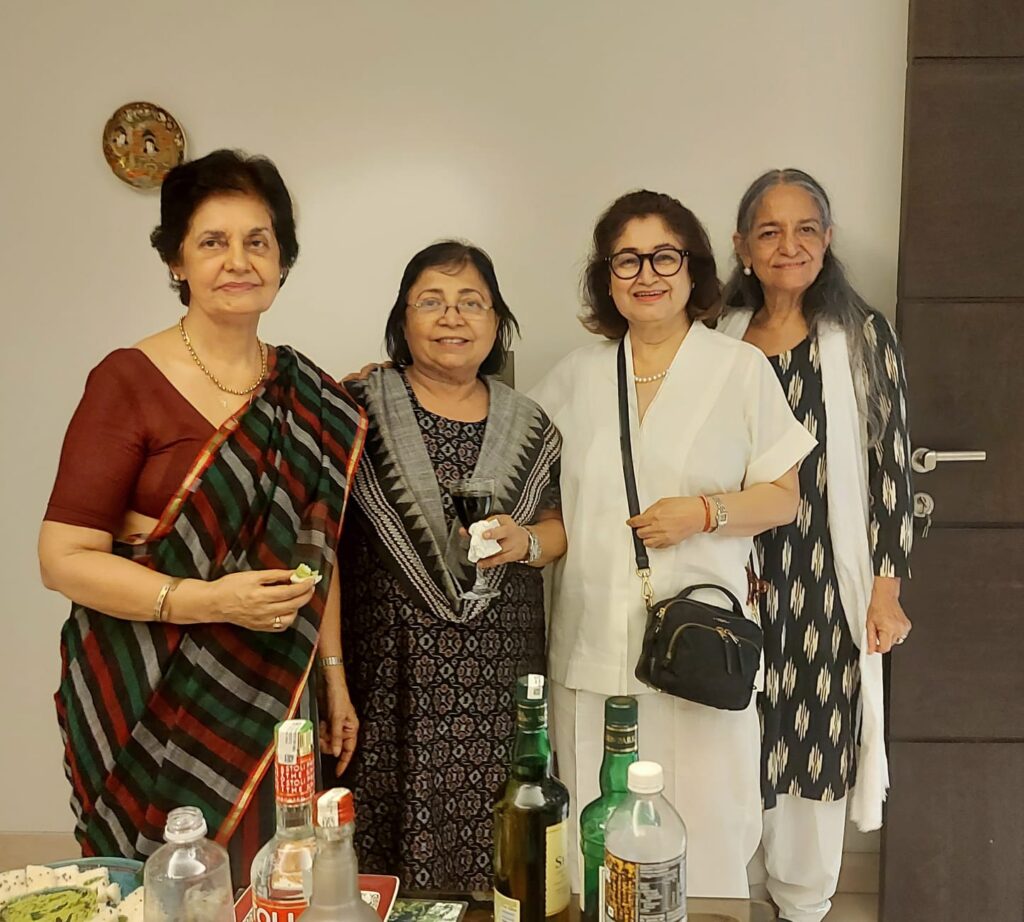

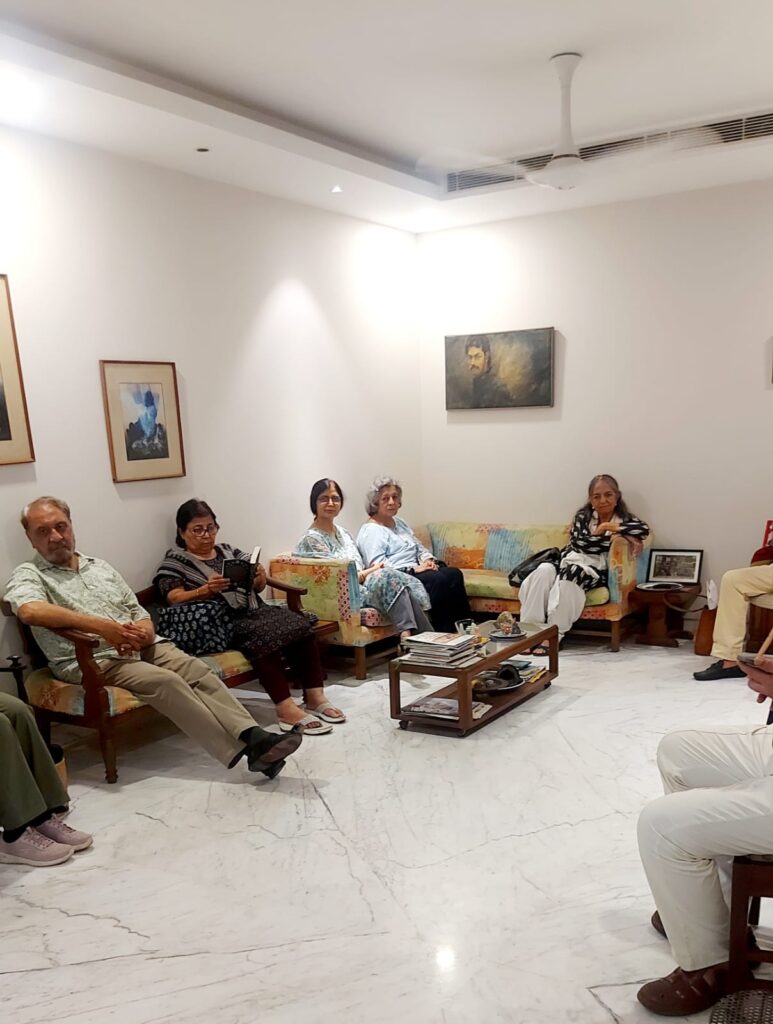

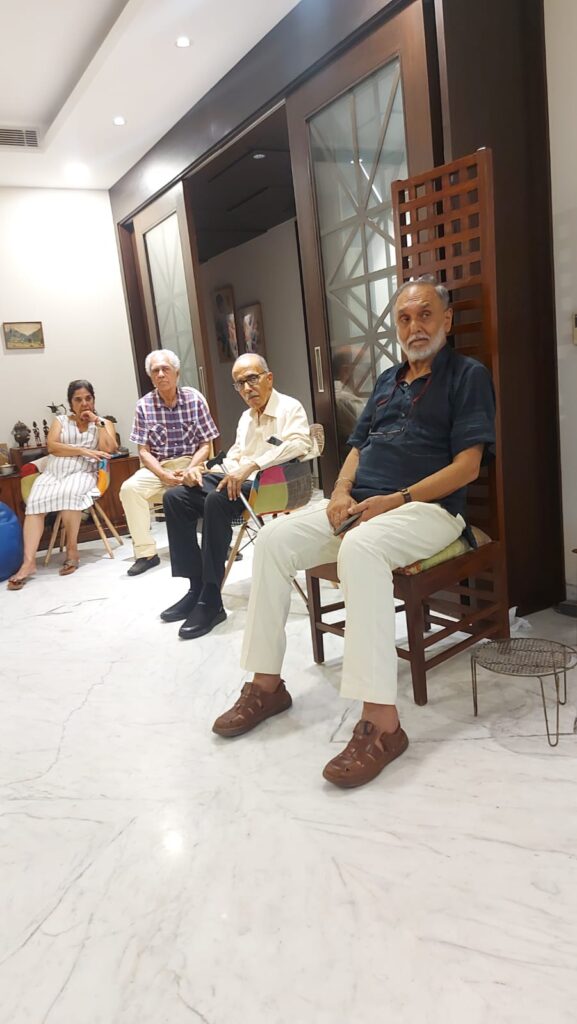

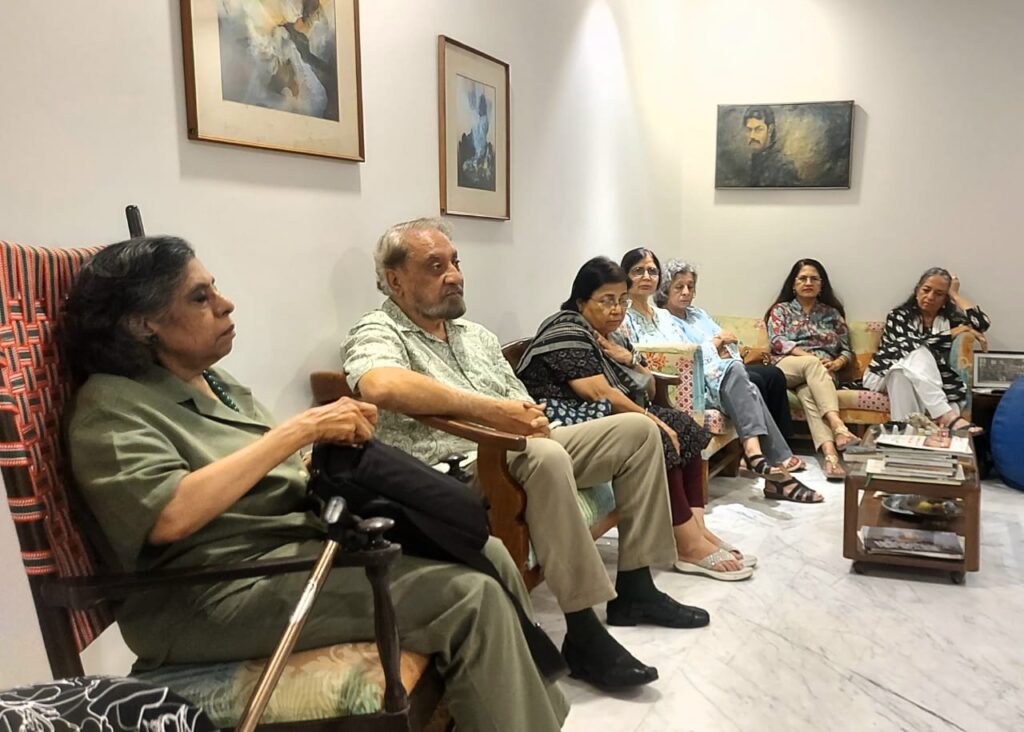

Popular Stories
Football Tournament @Princeton
More Than a Festival: The Art and Power of Durga Puja
Personality of the Month- ‘Dr Usha Mediratta’
Stray Cattle Menace In Front of Galleria
The Chronicles of Malibu Towne: A Mosquito’s Tale
“Senior Living Is Not An Old Age Home” say Mr & Mrs Bose
Recent Stories from Nearby
- Promises Repair of Broken Park Walls, Installation of Boom Barriers, Deep Cleaning of Drains… Among Other Things January 30, 2025
- Anand Niketan Club’s Grand New Year’s Eve Bash January 30, 2025
- Residents Come Together for a Night of Fun and Festivity January 30, 2025
- Rising Incidents of Harassment by Transgender Groups Raise Concerns in Delhi NCR January 30, 2025
- From Banana Races to Hurdles: ANRWA Sports Meet Had It All January 30, 2025

